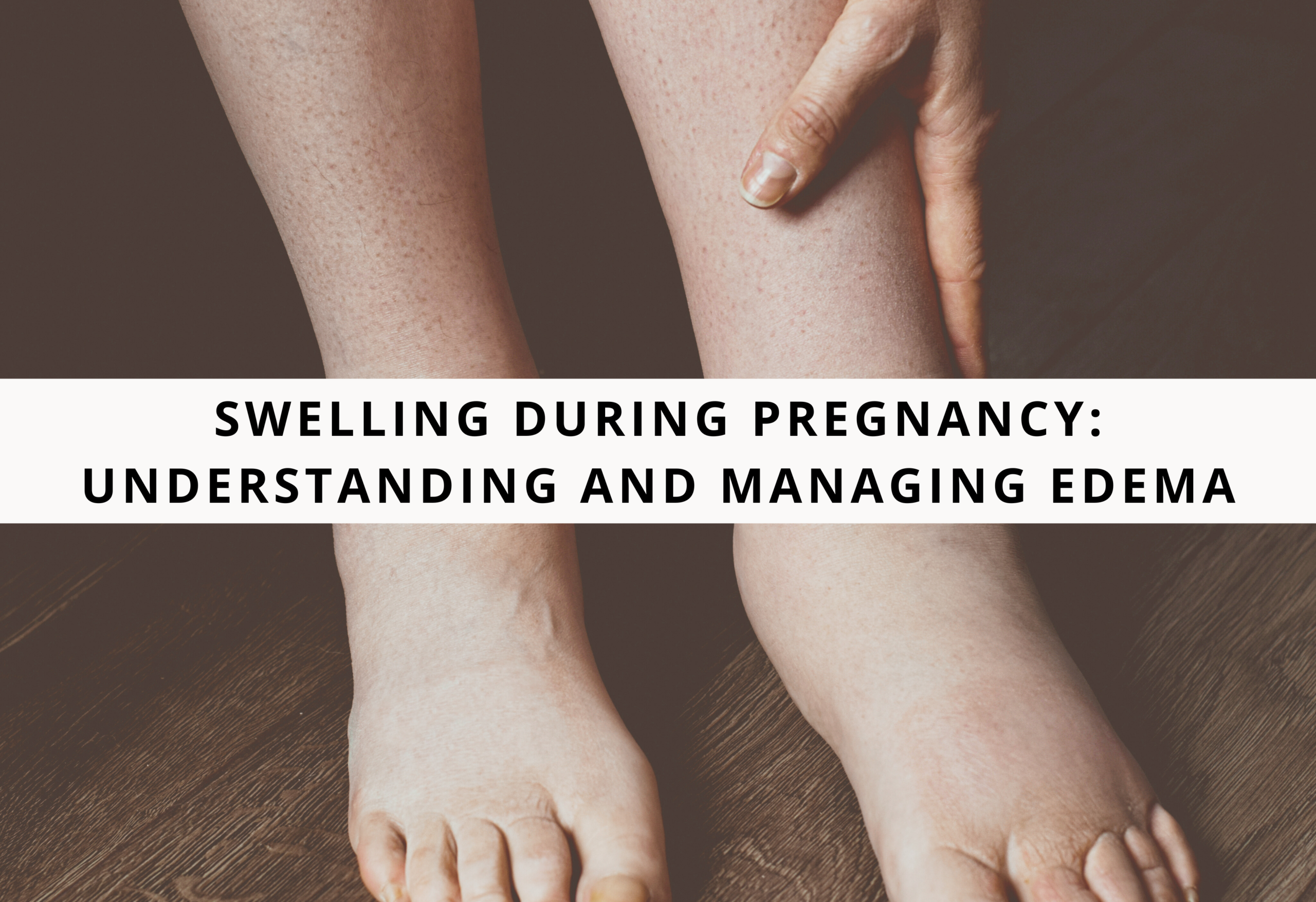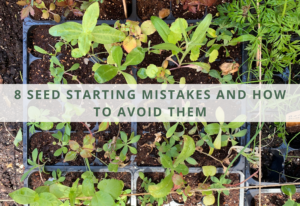Table of Contents
Pregnancy is a time of significant change for your body, including an increase in total body fluids by 6-8 liters. A portion of this fluid accumulates in the interstitial space, the area surrounding your body’s cells. When this accumulation becomes excessive, edema, or swelling during pregnancy, occurs. It’s a normal physiological response in pregnancy, affecting many to some degree, especially in the later stages.
Why Swelling during pregnancy Occurs
Dependent edema, the swelling seen in the legs, is the most common type. The weight of the growing uterus can interfere with blood flow back from the lower extremities, leading to swelling, particularly towards the end of the day. Edema can also affect the hands, often noticeable in the morning, and in severe cases, it can be generalized, including facial swelling. While usually just uncomfortable, causing feelings of heaviness, pain, or mobility issues, it’s important to monitor the severity of edema and be aware of any accompanying symptoms.
Self-Care and Relief Measures
Water Immersion: Spending at least 20 minutes in water that’s chest-deep can provide relief. The water’s natural pressure gradient helps reduce peripheral edema effectively in most cases.
Exercise: While it may seem counter intuitive, movement can really help with preventing and alleviating swelling in pregnancy! Gentle everyday activities like brisk walking or swimming promote blood circulation and can alleviate swelling in the feet.
Compression Stockings: Wearing these from the morning can prevent the worsening of dependent edema throughout the day.
Elevate Legs: Periodically elevating your legs above heart level helps reduce swelling by improving venous return.
Hydration: Drinking plenty of fluids, especially water, can actually help reduce water retention.
Foot Massage: A simple foot massage can offer both relief from discomfort and reduce edema. Add in some eucalyptus oil with your massage carrier oil for extra swelling relief. Learn more about how you can use Essential Oils in Pregnancy and Labor.
Avoid Tight Clothing: Constrictive clothing, especially around the legs, can exacerbate swelling, so opt for looser fits.
Dietary Adjustments:
Limiting salty, overly processed foods is a key strategy in preventing excessive fluid retention and swelling in pregnancy. Salt (sodium chloride) has a natural tendency to hold onto water. When you consume high amounts of salt, your body retains more fluid to maintain a balanced concentration of salts in your bloodstream. This extra fluid can accumulate in your interstitial space, the area between your cells, leading to swelling or edema, particularly in the legs, feet, and hands.
Opting for fresh, whole foods with natural, lower sodium content, can help your body maintain a healthier fluid balance. This not only minimizes the risk of developing edema but also supports overall health and well-being during pregnancy.
Additionally, a diet rich in fruits, vegetables, and whole grains provides essential nutrients that support fetal development and maternal health, further contributing to a positive pregnancy outcome. Learn how adding Choline rich foods can help you and baby.
When To Call The Midwife
While edema is a common and often benign condition in pregnancy, there are certain situations where it could signal more serious issues:
- Rapid Onset: Sudden swelling can be a sign of preeclampsia or deep vein thrombosis, requiring immediate medical attention.
- Accompanying Symptoms: If edema comes with blurred vision, high blood pressure, or proteinuria, it’s crucial to seek evaluation for conditions like preeclampsia.
Understanding swelling in pregnancy and implementing these self-care measures can greatly improve your comfort. However, staying in tune with your body and reaching out to your healthcare provider with any concerns is key to ensuring both your health and your baby’s. Remember, you’re not alone in this journey, and help is always available
FAQs About Swelling In Pregnancy
1. Is swelling normal during pregnancy?
Yes, swelling, or edema, is a normal part of pregnancy for many individuals. It’s primarily due to your body holding more water than usual and the pressure your growing uterus puts on the veins that return blood from your legs to your heart. It’s most common in the feet, ankles, and legs but can also occur in the hands and face.
2. Can swelling during pregnancy indicate a nutritional deficiency?
Swelling in pregnancy is most often due to the normal physiological changes your body undergoes to support your growing baby. However, in some cases, swelling can be exacerbated by a nutritional deficiency, particularly a lack of protein. Protein helps to maintain the balance of fluids within your blood vessels, and a deficiency can disrupt this balance, leading to increased fluid leakage into the surrounding tissues, thereby contributing to edema.
Ensuring a diet adequate in protein, along with other essential nutrients, can help manage swelling. If you’re concerned about your nutritional intake or experiencing significant swelling, it’s important to consult with your healthcare provider. They can assess your diet, suggest nutritional adjustments, or recommend supplements if necessary, to support your health and reduce swelling during pregnancy.
3. When should I be concerned about swelling during pregnancy?
While mild to moderate swelling is normal, you should contact your healthcare provider if you experience:
- Sudden or Severe Swelling: Especially if it’s in your face or hands, as it can be a sign of preeclampsia.
- Swelling with Pain or Tenderness: This could indicate a blood clot, particularly if it’s only in one leg.
- Swelling Accompanied by Other Symptoms: Such as high blood pressure, headache, or changes in vision, which could suggest more serious complications.
4. Can swelling affect my baby?
Swelling itself does not directly affect the baby. However, it’s important to monitor and manage swelling to maintain your overall comfort and health during pregnancy. If swelling is a symptom of a condition like preeclampsia, prompt treatment is crucial for both your health and the baby’s well-being.
5. Why does swelling seem to get worse as the day goes on?
Swelling can worsen throughout the day due to gravity’s effect on the fluids in your body. Standing or sitting for long periods allows fluid to accumulate in the lower parts of your body, like your feet and ankles. Elevating your legs and moving around during the day can help mitigate this effect.
Additional Resources about Swelling in Pregnancy
- Swollen ankles, feet and fingers in pregnancy from The UK NHS
- Swelling During Pregnancy from The American Pregnancy Association
- Swelling During Pregnancy? What’s Normal and What’s Not from Parents Magazine.
- How to Alleviate Common Pregnancy Discomforts – JenniJenkins.com





